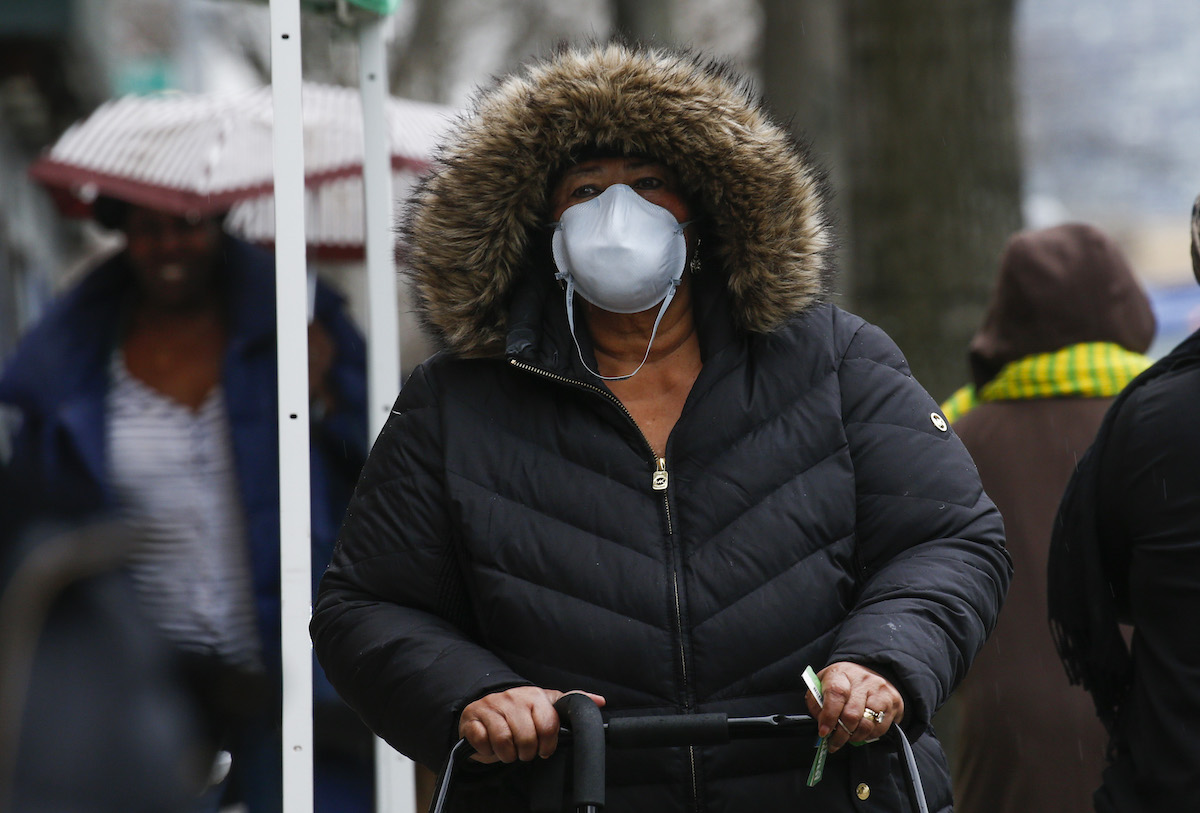More economists are now using the D word: Depression.
“For the first time in my life, I think it’s conceivable,” writes Robert J. Samuelson, Washington Post economic columnist.
John Mauldin of Mauldin Economics is more blunt: “We are facing a depression, not a recession.”
For those of us not having lived through the 1930s, the Great Depression was when the national output of the US plunged by 25%; unemployment spiked to 25% in1933 and remained double digit for the decade.
Similar contraction in economic activity and rise in unemployment occurred simultaneously around the world.
By comparison a recession is mild and brief. There’ve been about a dozen in the US since Wold War II with an average duration of ten months or so. Post-war unemployment peaks were 10.8% in 1982 and 9% in 2008. And not every country experienced such a contraction simultaneously.
The 2008 recession was triggered when credit froze up due to questions about which banks were infected with worthless mortgage-backed securities. The US economy was saved by nearly $1 trillion in government stimulus funds.
The current slowdown is taking place because the movement of people is freezing up due to another type of infection. And economists agree the recent $2 trillion stimulus package is simply not enough.
Mauldin writes of “a stunning 39% drop in the number of hourly employees going to work in the US just in the last 10 days.” He adds,”We are literally down well over 10 million jobs and going to 20 million.”
“The US is facing a deflationary depression,” Mauldin says. “One cannot have the economic impacts we are seeing and think they will magically go away when the virus does. That is not how economics and business works.”
























